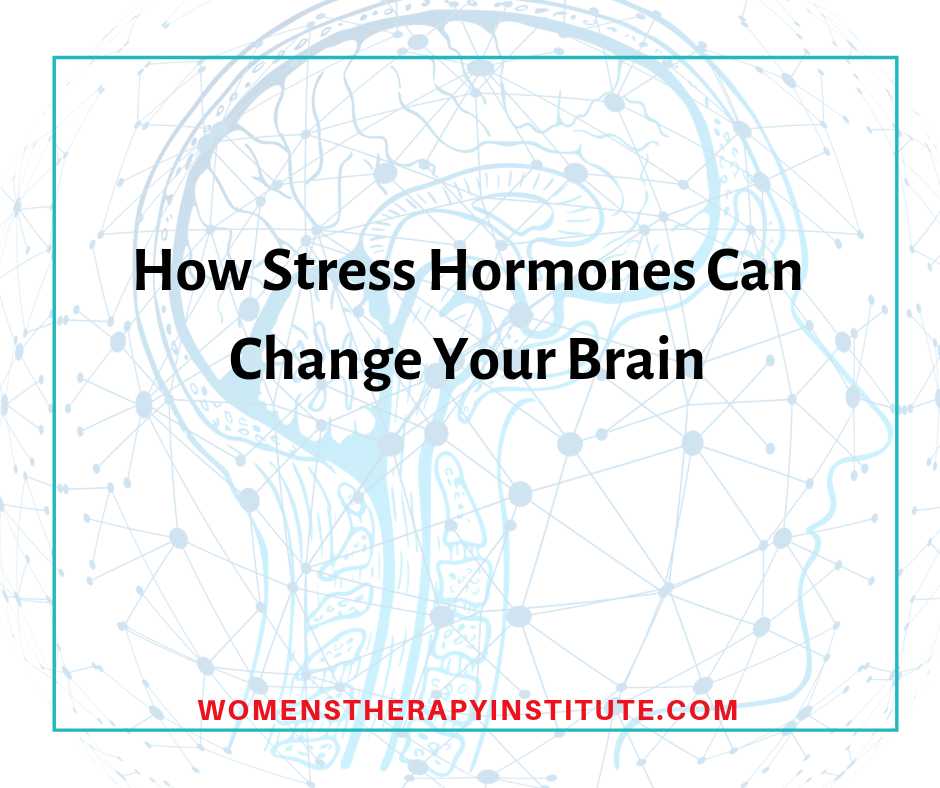
How Stress Hormones Can Change Your Brain
When we are angry, we don’t feel very good, and that tends to make us do or say things that we later regret. We also might get so flustered that we lose track of what made us angry in the first place. We feel out-of-control. There is a reason for that. It has to do with the stress hormones our bodies release when we are angry—cortisol.
Our post yesterday talked about the process in which our bodies and brains react when we get angry. Today we are talking about the impact these hormones have on our bodies once they are released.
Elevated Cortisol
When our cortisol levels are elevated, our brain neurons take in too much calcium through their membranes. The calcium causes the cells to go haywire and fire too quickly, resulting in their death.
Too much cortisol leads to a loss of neuron activity in the prefrontal cortex and hippocampus, ultimately impairing your judgment. So rather than saying, “let’s talk about this,” you are saying “I hate you.” It’s not productive and you will probably regret it later.
This is a great time to walk away from the situation, take a breath and calm down. Easier said than done, I know.
Too much cortisol can also kill neurons and keep your brain from producing new ones. This is why it can be hard to remember what you should be saying, or what you wanted to say, in the heat of an argument. It also makes it harder to form short-term memories. So, later when you talk about the argument you had with your husband when he got home from work, you might not remember it exactly the way it happened.
Decreased Serotonin
High cortisol levels lead to a decrease in serotonin (the happy hormone) levels. A decrease in serotonin adds fuel to the fire. It makes it easier to feel angry and more physically hurt. It also can explain why you might act aggressive or depressed when angry. They go together.
Recognizing how these hormones can affect you, can make it easier to bounce back from an angry situation. If you know your serotonin levels are decreasing you can take steps to try to get them back again. A licensed counselor can help if you need some healthy coping mechanisms.
For a visual explanation of this process, visit https://www.nicabm.com/brain-how-anger-affects-your-brain-and-body-infographic-part-2/
